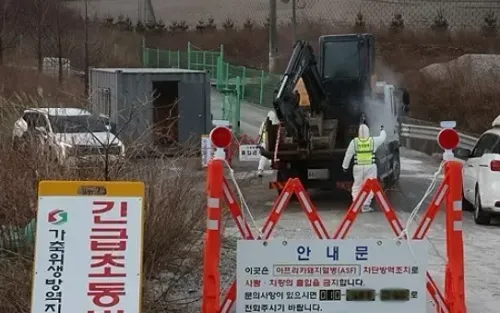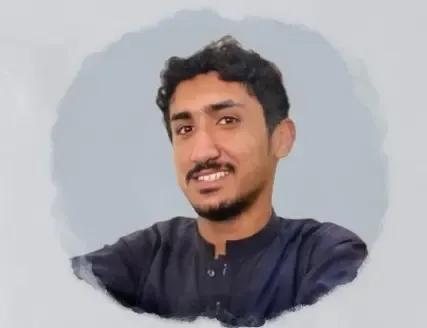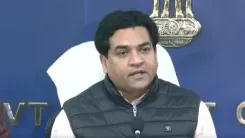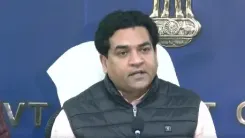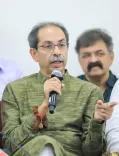Iran's Araghchi: Agreement Feasible if US Displays Strong Commitment
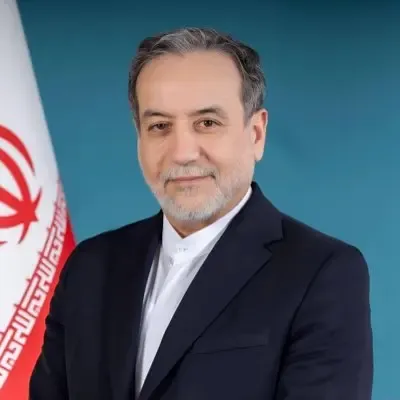
Synopsis
Key Takeaways
- Iran prefers indirect negotiations with the US.
- Agreement possible if US shows political will.
- Iran's nuclear program is peaceful and legitimate.
- The ball is in the US court now.
- High-level talks set to occur in Oman.
Tehran, April 8 (NationPress) Iranian Foreign Minister Seyed Abbas Araghchi stated on Tuesday that the forthcoming indirect discussions with the United States regarding Iran's nuclear program could result in an agreement, provided that Washington shows the essential and adequate political determination, as reported by Iran's IRIB news agency.
His comments came shortly after he confirmed via a post on the social media platform X that Iran and the United States would convene in Oman on Saturday for high-level indirect talks.
Araghchi stated, "Currently, we prefer to conduct the negotiations indirectly and have no plans to make them direct," adding that if the other side possesses the necessary and sufficient will, an agreement could be achieved, whether through direct or indirect means.
He highlighted that the responsibility now lies with the US.
Araghchi reiterated that Iran's nuclear program is entirely peaceful and legitimate, expressing Iran's readiness to clarify any uncertainties regarding its nuclear activities.
He announced that he would represent Iran in the negotiations, while US Special Envoy to the Middle East Steve Witkoff would represent the United States.
On Monday, US President Donald Trump, during a meeting with Israeli Prime Minister Benjamin Netanyahu at the White House, asserted that direct negotiations with Iran were to occur.
The confusion over whether the discussions are direct or indirect has continued since early March when Trump claimed he had sent a letter to Iranian leaders via the United Arab Emirates, proposing direct negotiations concerning Iran's nuclear program, as reported by Xinhua news agency.
Although Iran later confirmed receipt of the letter, it declined face-to-face discussions, while keeping the option for indirect engagement open.
Trump, in a late March interview with NBC News, warned of unprecedented military action against Iran if it refused to negotiate over its nuclear program.
In July 2015, Iran signed a nuclear agreement, officially known as the Joint Comprehensive Plan of Action, with six major countries – Britain, China, France, Germany, Russia, and the United States – agreeing to limitations on its nuclear program in exchange for sanctions relief.
However, the United States exited the agreement in May 2018 and reinstated sanctions, leading Iran to reduce some of its nuclear obligations. Attempts to revive the nuclear deal have not made significant progress.


